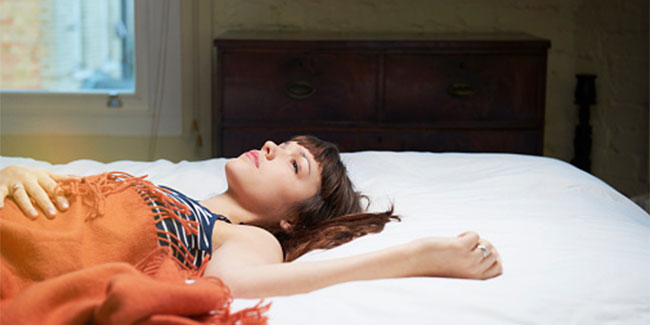
If you were at the doctor’s office and suddenly stopped breathing for 20 seconds, they’d call an ambulance. During sleep, the more than 12 million Americans estimated to have obstructive sleep apnea may stop breathing 10 or more times an hour. When sleep is regularly disrupted throughout the night, the consequences can be dire, from dangerously sleepy driving to higher risks of diabetes and heart disease.
Table of Content:-

Sleep apnea, or sleep disordered breathing, brings repetitive periods of difficulty breathing and sleeping. According to Dr. Michael Twery, director of the National Center on Sleep Disorders Research at NIH’s National Heart, Lung and Blood Institute, sleep apnea is often caused by a temporary obstruction to the airway opening at the back of the mouth. In children, it could be large tonsils; in adults, the tongue. Or it could stem from weight gain, as the airway passage narrows because of thickened fat pads. The muscles that normally keep the airway stiff and open while awake may relax during sleep, causing the airway to narrow or even close.
For people with a less common condition called central sleep apnea, the brain, for unknown reasons, occasionally fails to send signals to the muscles telling them to breathe.
Whatever the cause, when your breathing stops or becomes very shallow, the oxygen level in your blood goes down. Your brain senses an emergency and takes action to wake you up, doing whatever it takes to get air into your lungs and restore your breathing.
Trying to force air past an airway obstruction can cause loud snoring. In fact, one of the most common ways people discover they have sleep apnea is that their bed partner complains about the noise. Some people may also gasp for air. Most disturbing, however, may be the silence when there is no breathing during the apnea.
Anyone—including children—can have sleep apnea. If someone in your family has sleep apnea, you’re more likely to develop it than someone without a family history of the condition. It’s more common in African Americans, Hispanics and Pacific Islanders than in Caucasians. The reasons for these differences are unknown, and NIH is currently funding studies to understand why.
See your doctor if you suspect you have sleep apnea. Treatment includes making lifestyle changes, such as sleeping on your side instead of your back and losing weight if you are overweight. These might be enough if your sleep apnea is mild. For adults with moderate or severe sleep apnea, continuous positive airway pressure (CPAP) is the most common treatment. For CPAP, you wear a mask over your nose or mouth during sleep that blows air into your throat at a pressure level just high enough to prevent airway obstruction. Other treatments are also available.
[Read: Risks of Sleep Studies]
You might have to try different treatments or methods for a time, but remember that sleep apnea is a treatable condition. Your doctor can recommend which treatments may help you after determining the cause of your apnea.
Signs and Symptoms of Sleep Apnea
The most common signs of sleep apnea are:
- Loud, chronic snoring
- Choking or gasping during sleep
- Fighting sleepiness during the day when you thought you’d gotten enough sleep the night before
Others signs may include:
- Morning headaches
- Memory or learning problems
- Feeling irritable
- Not being able to concentrate on your work
- Mood swings or personality changes; perhaps feeling depressed
- Dry throat when you wake up
If you or someone close to you notices these symptoms, discuss them with your doctor. There are several effective treatments for sleep apnea.
Image: Getty
Read more in Sleep Apnea.
For more such stories, Download Onlymyhealth App.
Read Next
Sounding the alarm about sleep apnea
How we keep this article up to date:
We work with experts and keep a close eye on the latest in health and wellness. Whenever there is a new research or helpful information, we update our articles with accurate and useful advice.
Current Version